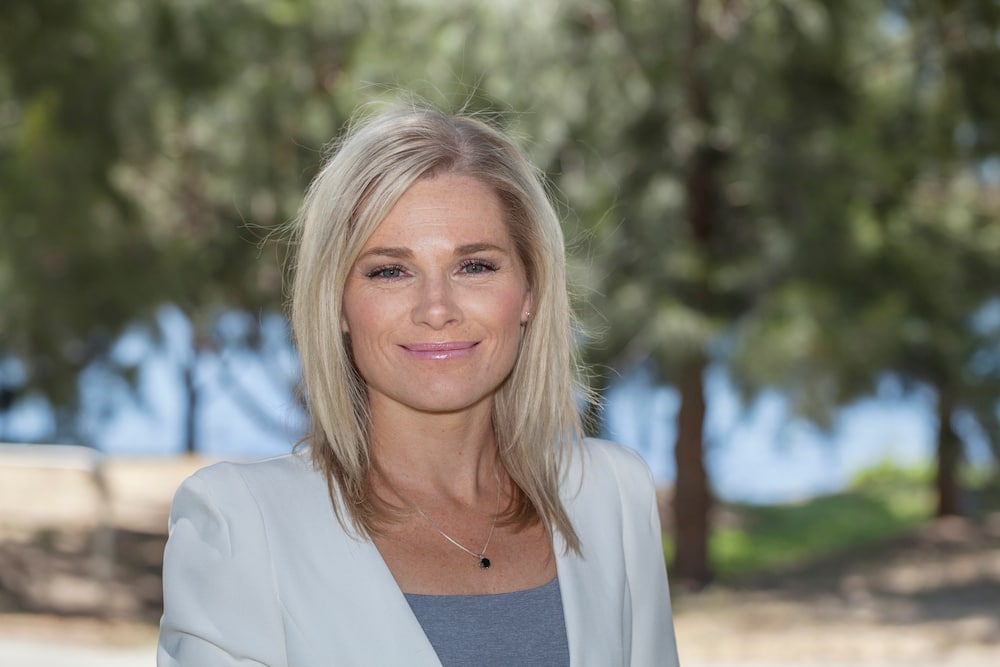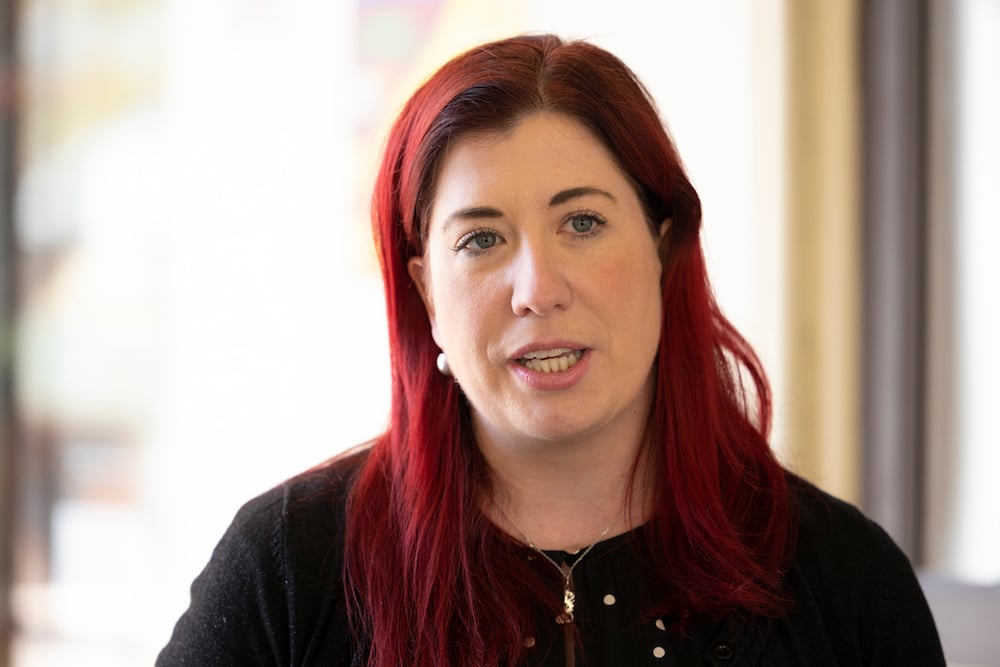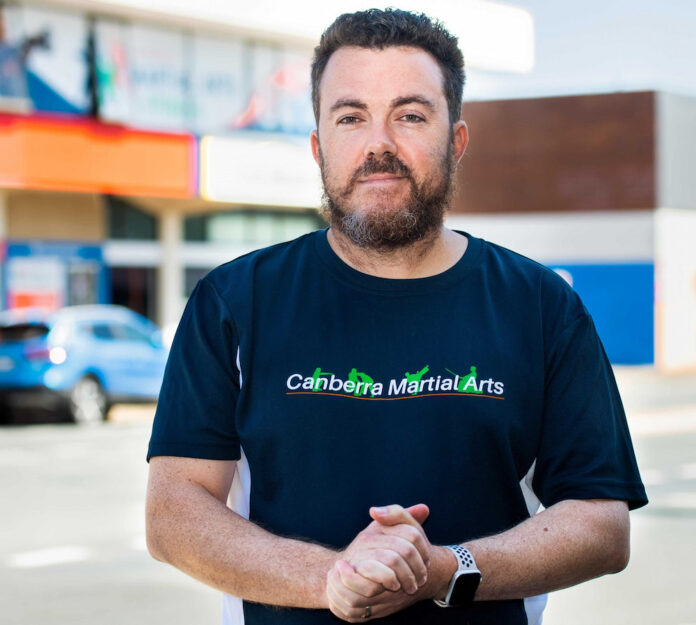ACT businesses have long wanted an independent body to advise the ACT Government on policies and issues affecting them.
But when the Canberra Liberals last week proposed setting up a small business ministerial advisory council (SBMAC), the Labor-Green government rejected the motion unanimously, arguing it already consulted small businesses through discussions, forums, workshops and panels.
The bill’s proponent, Leanne Castley MLA, was disappointed her proposal did not pass the Assembly.
“It is a huge wasted opportunity for our true experts in small business, the owners and workers themselves, to have a direct say.”

According to the Canberra Business Chamber, there are more than 30,000 businesses in the ACT, providing 62% of Canberra’s jobs. The vast majority of these, CEO Graham Catt said, were small businesses employing fewer than 20 people.
“We need to do everything we can to support small business,” Mr Catt said. “Our economic growth and generating jobs for Canberrans will depend on supporting a dynamic small business chamber.
“We all share a common goal – to make Canberra the best place to start and grow a small business. That can only happen if we help government understand, firsthand, the issues businesses faced and the barriers to success that we can understand.”
Tara Cheyne’s appointment as Minister for Business and Better Regulation had built a solid partnership between government and local business, Mr Catt said. “An SBMAC can certainly add to that partnership, and provide government with access to a diversity of experience and knowledge in a structured consultative forum.”

Ms Castley, Shadow Minister for Business, herself a former small businesswoman, called on Friday for the ACT Government to establish the council, a permanent, independent body allowing small business owners and workers to advise government on policies to strengthen their sector, and other issues affecting their livelihood, from planning and parking to rates and health regulations.
Similar councils exist for women, multicultural communities, seniors, veterans, youth, and LGBTIQ+ people.
The council would develop business-friendly policies, keep jobs local, and “obviate the need for government to set up a smorgasbord of task forces and committees to examine all manner of issues”, Ms Castley said.
Although former Chief Minister Jon Stanhope’s Labor government established such a council (now lapsed) in 2002, his successors did not support the motion.
Ms Cheyne amended the motion to continue the government’s current approach. “The idea of a small business ministerial advisory council is not something that’s been dismissed out of hand. Far from it.”
Ms Cheyne said she had considered establishing such a council when she was appointed Minister in October, and had discussed the issue with businesspeople and peak bodies. But she was concerned an advisory council might not be truly representative because issues and interests across the business community were varied. “The best way that I’ve found to understand businesses has been direct engagement with them.”
She was also concerned that an advisory council would be an extra burden on business owners. “Businesses do not have an enormous amount of time to sit around and chat,” she said. “What suits one sector as an appropriate time to meet and engage will be totally different for another sector.”
“You guys are too busy to have a voice for yourselves. What kind of rubbish is that?” Tom Adam, president of the Phillip Business Community, retorted. “It smacks of duplicity.”
Business owners, he said, wanted a community, a council to make their voices heard; the small business ministerial advisory council would have given them that single voice. He was disappointed Ms Cheyne dismissed the idea.
“That was a real cop out,” he said. “It just comes across as the Labor Party not wanting a single voice from small business because they won’t like what we will tell them.”
Which has been the same message since the pandemic broke out a year ago: Canberra small businesses want the ACT Government to match NSW and Victoria’s $10,000 grants to small businesses.
“We’ve been saying it over and over again for 12 months, and they hate it,” Mr Adam said. “They want to avoid having to put their hand in their pocket.”
Small businesses that fought tooth and nail to get through COVID were stuck in a debt trap with the ATO, paying GST and PAYG on JobKeeper, Mr Adam said. “There’s a lot of businesses that $10,000 would really pull their head above water, let them take a deep breath, and crack on with it.”
To help small businesses, the ACT Government set up the Canberra Economic Recovery Advisory Group and the Better Regulation Taskforce to make starting, running, and growing a business easier; appointed Brendan Smyth (a former Liberal MLA) as Local Business Commissioner to advise the government on how COVID-19 affected businesses; and trialled the Choose CBR program.
But Mr Adam thought these were broad strokes, rather than targeting actual businesses that needed financial help, while the $500,000 allocated to Choose CBR – of which only $310,000 was spent – could have rescued 50 businesses from the brink.
The government also offered electricity and water rebates, tax exemptions, funding for community events, and mental health programs for small businesses. In Mr Adam’s opinion, however, the government had discounted, or refunded money paid to them, but not offered any additional support.

In her debate speech, Ms Cheyne argued that government was listening to businesses through direct engagement, forums, advisory bodies, and boards, For instance, the recent $750,000 Amp It Up! fund for live music venues was a suggestion from venue owners.
“We are already working in a way which gives businesses a voice to government, which ensures they are being heard, and we are doing so in a way which works for them.”
But Mr Adam disagreed. He said the government talked about listening to small businesses but they did not hear them.
“How can they say they’re listening, but they don’t want to listen through a council? That’s what a council’s there for, to tell them stuff that they need to hear.”
Mr Adam said he had met Ms Cheyne a couple of times at Phillip, but the Minister had not taken up his offers to review his or other businesses’ books and see the issues they faced since the pandemic.
“Coming to see someone and seeing the detail are two different things,” Mr Adam said. “If you don’t actually sit down with them, how the hell would you know what’s happening?”
Canberrans, he said, did a great job of supporting local businesses. He urged Canberrans to call Ms Cheyne’s office if they knew a local business that needed direct support, and the owner was unwilling to say it.
“I doubt the Business Minister truly understands exactly the predicament that possibly 150 to 200 businesses are in within the ACT,” Mr Adam said.
“There’s no [small business experience] in government, and none of their advisors have any experience. It’s the blind leading the blind.”
For more news:
- New recovery hub opens in Cooma to support Snowy Monaro businesses
- Dodgy driving over Anzac long weekend leaves police feeling ‘dismayed’
- University of Canberra expands into Sydney Hills
- Flights from India paused as Australia sends emergency medical supplies
- Once in a pink moon: Tonight’s pink supermoon explained









